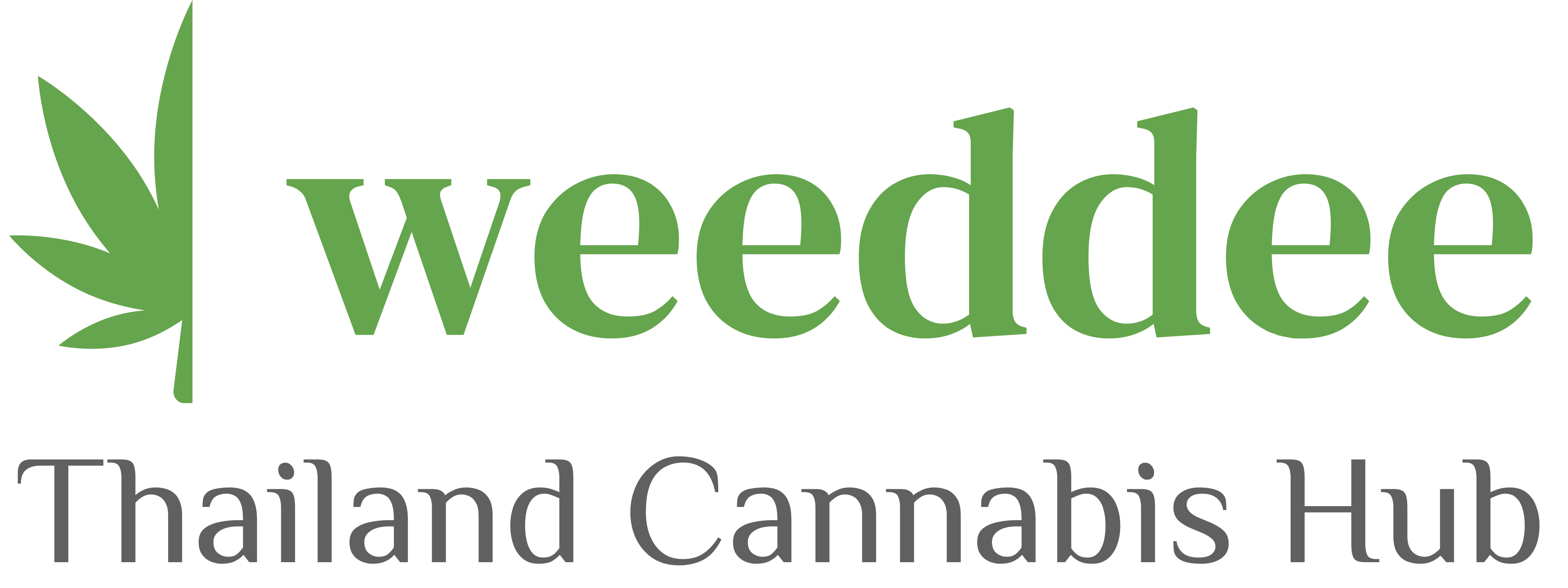Exploring Thailand’s Cannabis Packaging Regulations
Navigating the Complex Landscape of Cannabis Packaging in Thailand
Thailand’s decision to decriminalize cannabis in 2022 marked a significant shift in the country’s approach to the plant, opening up new avenues for medical, wellness, and industrial uses. However, this new landscape is not without its challenges, particularly when it comes to packaging regulations. In this article, we will delve into the intricacies of Thailand’s cannabis packaging laws, highlighting key requirements, regulatory oversight, and best practices for compliance.
Regulatory Framework
The Thai government has established a robust regulatory framework to govern the production, sale, and packaging of cannabis products. The Food and Drug Administration (FDA) of Thailand plays a crucial role in ensuring that these products meet strict safety and quality standards.
For cannabis products, the FDA mandates that packaging must be tightly sealed and include relevant warnings and labels. For instance, non-edible products such as cosmetics and massage oils must specify the amount of cannabis they contain, allowing consumers to make informed decisions.
Weed Labeling Laws: Key Requirements
Labeling is a critical aspect of cannabis packaging in Thailand. Here are some key requirements:
- THC Content: Any cannabis product must clearly indicate its THC content. Products with THC levels above 0.2% are classified as drugs and are subject to stricter regulations. Those with THC levels below 0.2% are considered health products and must comply with related laws such as the Cosmetic Act, Food Act, or Herbal Product Act.
- Warning Labels: Packaging must include warnings about the potential risks associated with cannabis use, especially for vulnerable groups such as minors, pregnant women, and breastfeeding mothers.
- Medical and Wellness Claims: Labels must be accurate and not misleading. Companies can only promote medicinal and wellness benefits, avoiding any recreational or lifestyle-related claims.
Ensuring Compliance
Compliance with packaging regulations is essential to avoid penalties or even the loss of licensing. Here are some steps businesses can take:
- Regular Testing: Frequent testing of THC levels and adherence to hygiene standards in production facilities are mandatory. Businesses must submit their products for testing to meet Thai FDA standards and export requirements.
- Facility Compliance: Production facilities must comply with food safety and quality standards. This includes maintaining clean and hygienic conditions and ensuring that all equipment is properly sanitized.
- Documentation: Businesses must maintain detailed records of their sourcing, selling, and inventory of cannabis products. The Department of Thai Traditional and Alternative Medicine (DTTAM) requires monthly reports from dispensaries.
Real-World Examples and Case Studies
The Asia International Hemp Expo 2024, scheduled to take place in Bangkok, will feature over 200 companies and attract around 10,000 visitors. This event highlights the growing interest in the cannabis industry in Thailand and the need for clear regulatory guidelines. Companies participating in such events must ensure their products comply with all packaging regulations to avoid any legal issues.
Challenges and Future Directions
Despite the progress made, there are still several challenges in the regulatory landscape. For example, the lack of effective follow-up inspection procedures for edible products can lead to inconsistencies in THC levels after initial approval. To address this, regulatory agencies must establish better collaboration and clear legal responsibilities.
Moreover, the government is considering stricter rules to minimize negative impacts on the youth population, such as prohibiting the growth of cannabis in households and the use of cannabis in ready-to-eat foods.
Best Practices for Cannabis Businesses
For businesses operating in the cannabis sector in Thailand, here are some best practices to ensure compliance with packaging regulations:
- Stay Updated: Regularly check for updates in regulations and guidelines from the Thai FDA and other relevant authorities.
- Clear Labeling: Ensure that all packaging includes clear and accurate labeling, including THC content and relevant warnings.
- Quality Control: Maintain rigorous quality control measures, including frequent testing and adherence to hygiene standards.
- Documentation: Keep detailed records of all aspects of the business, from sourcing to sales.
Conclusion and Next Steps
Thailand’s cannabis industry is rapidly evolving, and compliance with packaging regulations is crucial for businesses to operate successfully. By understanding and adhering to these regulations, businesses can avoid legal issues and contribute to the safe and responsible use of cannabis products.
For those looking to navigate this complex landscape, visiting resources such as the Thai Weeddee directory can provide valuable insights into the current state of the industry and help in finding compliant cannabis shops and products.
Additionally, staying informed through reputable sources like the Tilleke & Gibbins legal insights and the Thailand Development Research Institute (TDRI) reports can help businesses stay ahead of regulatory changes.
By following these guidelines and staying informed, businesses in Thailand’s cannabis industry can ensure they are meeting all the necessary packaging regulations, contributing to a safe and thriving market.



